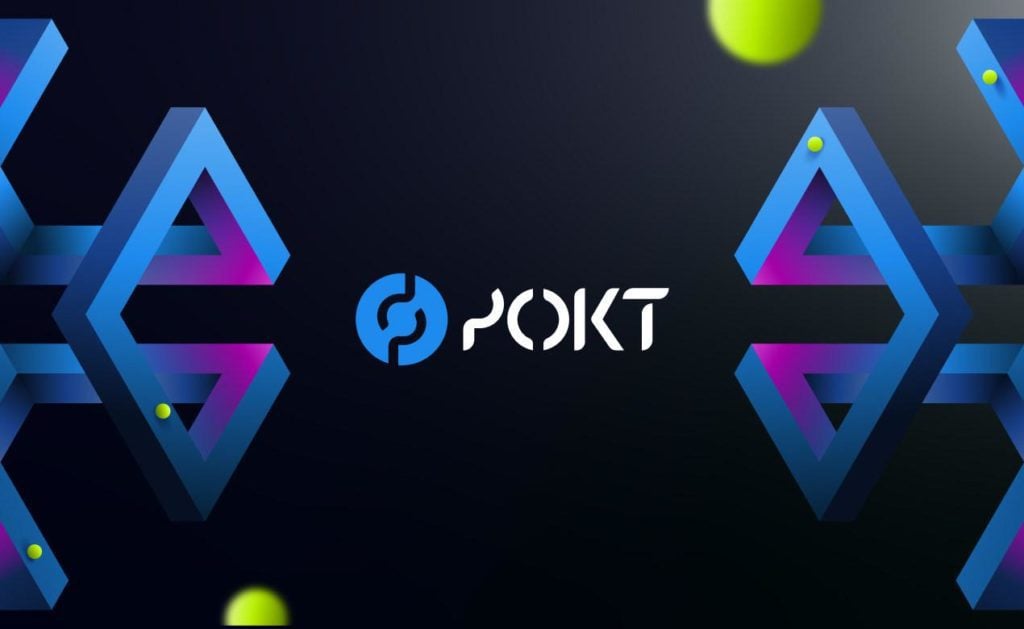
Pocket Network Becomes Primary Infra Provider to Fuse’s DeFi Blockchain
Pocket projects soon will be servicing 30-50% of Fuse’s traffic.
Pocket Network, a Web3 RPC infrastructure middleware protocol which provides abundant blockchain bandwidth from a globally-distributed network of 30k+ full nodes to applications in Web3 across 37 blockchains, including Ethereum, Polygon, Solana, Avalanche, and Harmony, has announced its extended partnership with Fuse, blockchain infrastructure for open source payment systems. With this extension, Fuse is now routing 20% of all its RPC traffic through Pocket Network’s unstoppable network of infrastructure.
Fuse is One of the First Blockchains to Start Utilizing Pocket’s Network
Since our partnership was forged both projects have grown exponentially, with DeFi project Fuse now driving tens of millions of relays to the Pocket Network daily. As a whole, Pocket Network currently serves over 300 million relays daily, a number that will soon reach the billions as additional blockchains are onboarded.
Mark Smargon, CEO of Fuse, said:
“Pocket Network enables potentially limitless scaling for RPC read calls for Fuse – it’s exciting to see how scalable and open-source financial infrastructure is being built through this partnership.”
While Pocket aims to support 100 blockchains by the end of the year, Pocket is also continuously strengthening existing relationships like Fuse as well. As integration deepens, Pocket projects soon will be servicing 30-50% of Fuse’s traffic, and are pushing for similar levels of integration with other supported blockchains.
Pocket Network, a blockchain data ecosystem for Web3 applications, is a platform built for applications that uses cost-efficient economics to coordinate and distribute data at scale. It enables seamless and secure interactions between blockchains and across applications. With Pocket, the use of blockchains can be simply integrated into websites, mobile apps, IoT, and more, giving developers the freedom to put blockchain-enabled applications into the “pocket” of every mainstream consumer.


